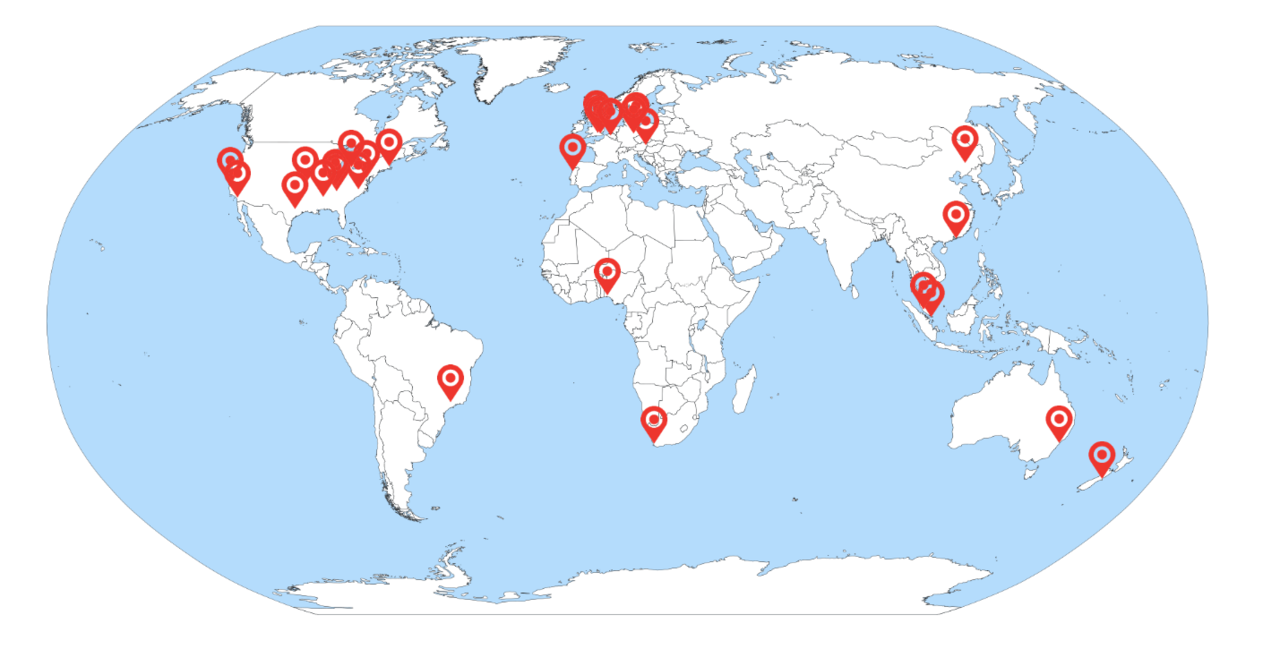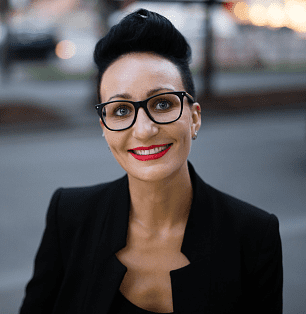Diverse Views in Science | Global statements on diversity: Miriam Unterlass
Published in Chemistry

By Miriam Unterlass, Assistant Professor, TU Vienna

In your opinion, which scientific questions will set the trends in the coming decade, and which science problems would you like to tackle?
We are (i) facing a shortage of raw materials, (ii) are more aware of environmental and health concerns, and (iii) at the same time our demand for energy and a certain life standard increase. Therefore, I think that new technologies and materials enabling these technologies, especially in the realm of energy, will continue to be a major line of research in chemistry. Sustainability along the entire complex life cycle of a material, will play a major role. I think that this complex topic can be best tackled in interdisciplinary teams. My team’s current research focus lies on the development of green synthesis routes of compounds relevant to applications as materials and in biology. What I’d like to tackle next is to incorporate computationally-aided compound and green synthesis discovery. I am convinced that the complex problems that our world faces require a much larger pool of compounds to choose from so that we can find a best possible fit for a certain application. At the moment, the chemical space is strongly underexplored, and I’d like to contribute to exploring it in a more sustainable and efficient manner.
How do you experience diverse leadership, diversity in your lab, publication and peer-review, promotion and career progression, in your host country? What are the impediments for creating inclusive, equitable research labs, departments and practices?
My lab currently comprises 15 co-workers of 10 nationalities and with diverse gender, sociocultural, and training backgrounds. This diversity is a catalyst for our most innovative projects. Even within the same discipline, different curricula generate different perspectives: a chemist trained in Brazil was exposed to different classes and university teachers than one from Israel. When we tackle a project together, these different backgrounds allow for uniting the best ideas and perspectives, and also to discard old habits with fresh approaches. Exposure to such diversity, but also accounts/reports of such experiences by those who have worked in diverse teams are very motivating for implementing diversity. At the same time, it is important to be aware of the difficulties. For instance, a person of non-academic background pursuing an academic career may make experiences that are new and perhaps foreign to their socioeconomic background. At the same time, their habitus in Bordieu’s sense, may also stick out in their ‘new’ academic environment – they might be foreign there too. This generates a twofold non-belonging, which is challenging and difficult. We need to be aware of these challenges and support our colleagues and students best so that they do not feel estranged. One aspect that I try to meticulously implement is inclusive language. Language is powerful. I further think that administrative rules promoting diversity are necessary to promote change. For instance, in Austria we have equal opportunity representatives (I am one of three at the Faculty of technical chemistry at TU Wien) that are involved in any hiring process from the job advertisement to the interviews and filling the position.
What is your message to the next generation of scientists, and what are your tips for their success?
Learn as much as you can of as many disciplines as you can. Read as much as you can, discuss as much as you can. Talk to as many people as you can. Go abroad and immerse yourself in different cultures. Listen to music. Enjoy art. Practice critical thinking. A broad knowledge and exposure to different ways of thinking will allow you to tackle problems and do research in a highly innovative way. In your own discipline: read articles, discuss them with your peers. Seek to join research groups that do great research and on top of that have a strong discussion culture and feature co-workers of a broad range of scientific and sociocultural backgrounds.





Please sign in or register for FREE
If you are a registered user on Research Communities by Springer Nature, please sign in